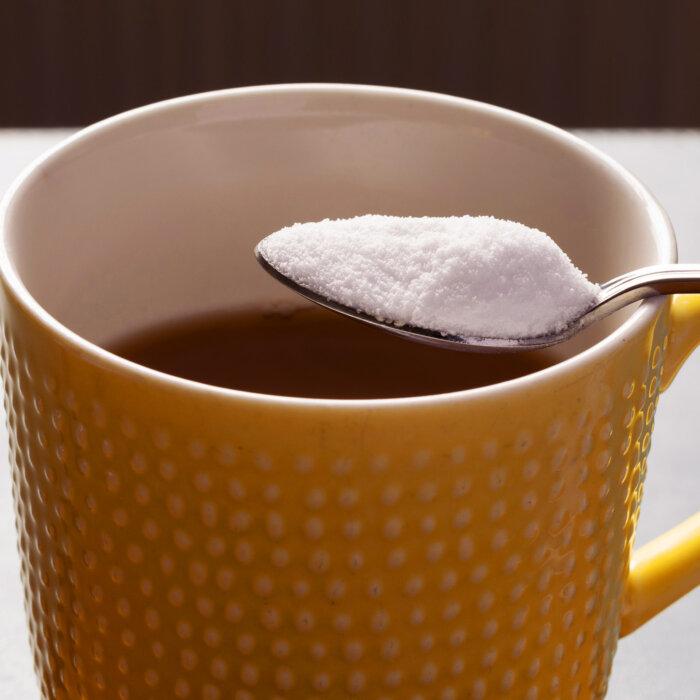It seems like everyone has an opinion on sugar. From nutrition experts to casual bloggers, the message often sounds the same: “All sugar is bad for you.” But what if that statement is not accurate? What if context, nuance, and the type of sugar in question matter far more than generalizations?
Not All Sugars Are Created Equal

- Monosaccharides: Simple sugars like high fructose corn syrup, often linked to obesity, liver disease, and cancer when overconsumed.
- Disaccharides: Slightly more complex sugars, such as sucrose (table sugar), which can also be detrimental to health when consumed in excess.
- Oligosaccharides: Complex sugars found in vegetables and breast milk that act in part as prebiotics, supporting gut health and aiding digestion.
- Polysaccharides: The most complex sugars found in aloe vera and rice bran, offering remarkable health benefits, including improved immune and metabolic function and cognitive health.
The Power of Polysaccharides

- Enhance immune function: By improving the CD4/CD8 ratio and the CD34-CD95 cell type, critical markers of immune status.
- Reduce inflammation: By decreasing markers like TNF-α and VEGF, both of which are linked to chronic conditions.
- Increase adult stem cell production: By elevating CD14+ cells, which are a type of adult stem cell that the body uses for regeneration.
- Rebalance components of the immune system: By shifting the Th1/Th2 ratio, which is a way of evaluating your pro-inflammatory to anti-inflammatory status.
- Support cognitive function: By nourishing brain cells and improving synaptic connections.
Based on the findings of our research, the potential of these polysaccharides is immense. They are not just nutrients; they are tools that help us combat inflammation, boost immunity, and protect our brains as we age. They address root causes, not just symptoms. They provide the body with key raw materials that it needs to function properly as guided by our genes.
What makes polysaccharides even more powerful is their ability to support other systems in the body, such as digestion, detoxification, and mood regulation. They interact with the gut microbiome, promote healthy cell signaling, and aid in the body’s natural detox processes.
Why Daily Brain Care Stands Out
Daily Brain Care is not just another supplement. It is the result of decades of clinical research by my colleagues and me, combining polysaccharides with other synergistic ingredients like golden flaxseed, tart cherry, n-acetyl cysteine, inositol hexaphosphate, and calcium silicate clay to deliver unparalleled benefits. Unlike stimulant-based supplements, Daily Brain Care contains no caffeine, so it offers sustained results without short-lived bursts of energy.- Improved cognition: Enhanced memory, focus, and mental clarity.
- Optimized immune health: A stronger immune system with reduced inflammation.
- Detoxification: The removal of heavy metals and harmful toxins.
- Better overall health: Reports of improved sleep, balanced mood, more energy, and healthier skin, hair, and nails.
Dr. John E. Lewis: A Pioneer in Health Innovation
As the driving force behind Daily Brain Care, I have dedicated my career to bridging the gap between innovative science and practical health solutions. I have had an unwavering commitment to discovering how to improve health through natural means.As a former full-time Associate Professor at the University of Miami Miller School of Medicine, I have authored over 180 peer-reviewed publications and raised more than $23 million in research funding in my academic career. My pioneering study on aloe polysaccharides and Alzheimer’s disease laid the foundation for Daily Brain Care, demonstrating clinically and statistically significant improvements in cognition and immune function.
My work in nutrition is not just professional—it is personal. I have been a lifelong advocate of plant-based diets and natural supplements, as I have spent over 27 years fine-tuning my own approach to optimal health. I have been able to combine scientific rigor with practical solutions to earn international recognition from my peers.
Ultimately, science should serve people. That is why I transitioned from academia to entrepreneurship—to make evidence-based health solutions accessible to everyone and to reach more people across the globe.
The Context Matters
If you have ever felt sluggish, forgetful, or simply not your best, it might be time to rethink what is on your plate—and in your supplement cabinet. Daily Brain Care represents the culmination of my career-long dedication to improving lives through nutrition, and it is arguably one of the best scientifically-backed products in the global dietary supplement industry.Please remember that the truth about sugar is not as simple as “good” or “bad.” Polysaccharides, as found in Daily Brain Care, have the potential to transform your health. They are not just nutrients—they are a pathway to vitality, resilience, and longevity.



